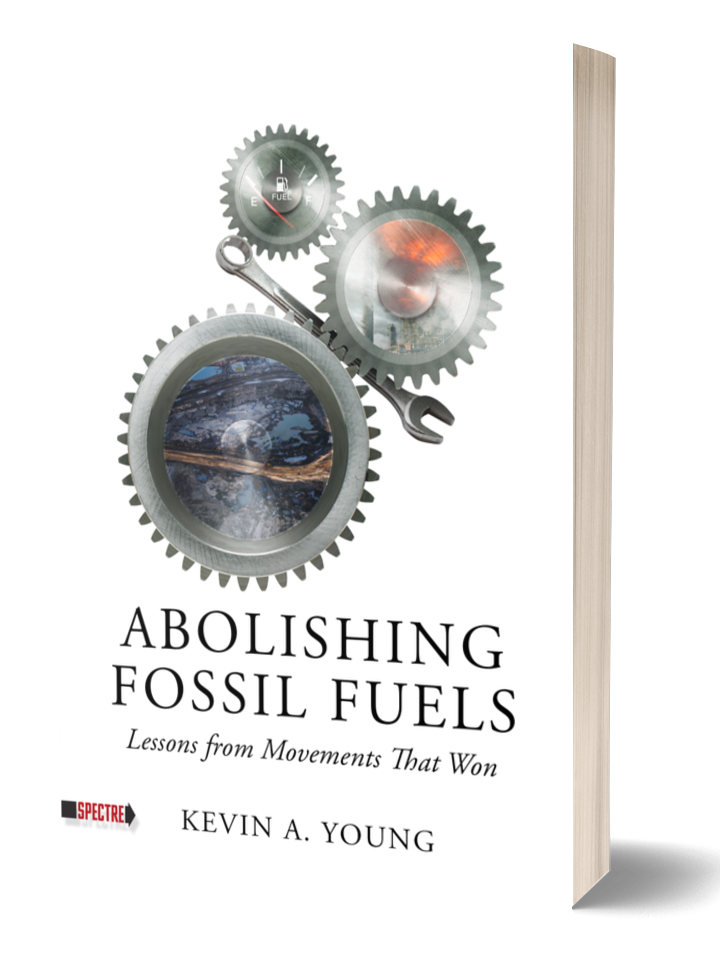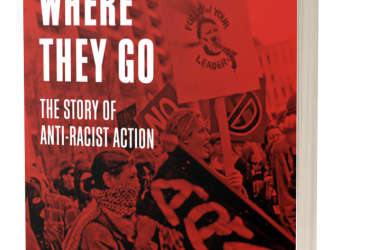Why did you write this book and why is it important?
I wanted to know how the fossil fuel industry can be defeated. Many academic studies analyze the climate emergency or the policies that can end carbon emissions, but few examine how ending emissions can become politically possible. My interest in that question stemmed directly from my role as a climate organizer. I wanted to understand how I could be most effective in confronting the enemy. Part of my answer comes from analyzing capitalists’ own words, which shed light on where they feel most vulnerable to movement pressures. The other part of the answer comes from the history of other social movements. Though the challenges facing the climate movement are in some ways unprecedented, the basic political problem is nothing new: namely, how can we neutralize the resistance of an elite sector that is causing monumental harm to society? We can begin to answer this question by studying successful social movements of the past, from the abolition of slavery in the mid-1800s to the small victories of the climate movement more recently.
Who should read this book?
The book isn’t intended for policy wonks or politicians (who would be unlikely to read it anyhow), but rather for the grassroots climate movement. It’s for people who are outraged at the fossil fuel industry’s ability to obstruct change and who sense that an electoral strategy won’t be enough to stop climate destruction, but who don’t necessarily see other ways of taking action against polluters. There are multiple other ways we can throw a wrench in the gears: by fighting pipelines and dirty power plants in our communities, by organizing our fellow workers around environmental demands, by organizing people in our communities to boycott dirty financial institutions, and by forcing our city councils, pension funds, faith institutions, and universities to cut ties with both the fossil fuel industry and its financial enablers.
Where do we go from here?
The near future will bring devastating climate violence. Yet our actions will be crucial in determining what happens, including how much atmospheric heating occurs, who is made to suffer for it, and how the benefits and costs of a green transition are distributed. Our movement must confront greenhouse gas emissions as well as the institutions that shoulder the innocent with the costs. This is a matter of both morality and good strategy. Building a multiracial, working-class climate movement is a prerequisite for winning a global green transition that is both rapid and equitable. Our success or failure will help determine whether the coming decades bring more savagery and violence or, alternatively, a warmer but still livable planet where values like dignity, health, cooperation, and diplomacy prevail. In the short-to-medium term, we need to focus on building more participatory, more militant organizations in which people get used to fighting collectively for their interests. If we can do that, one day we may amass the strength necessary to replace our murderous capitalist system with a socialist alternative.






